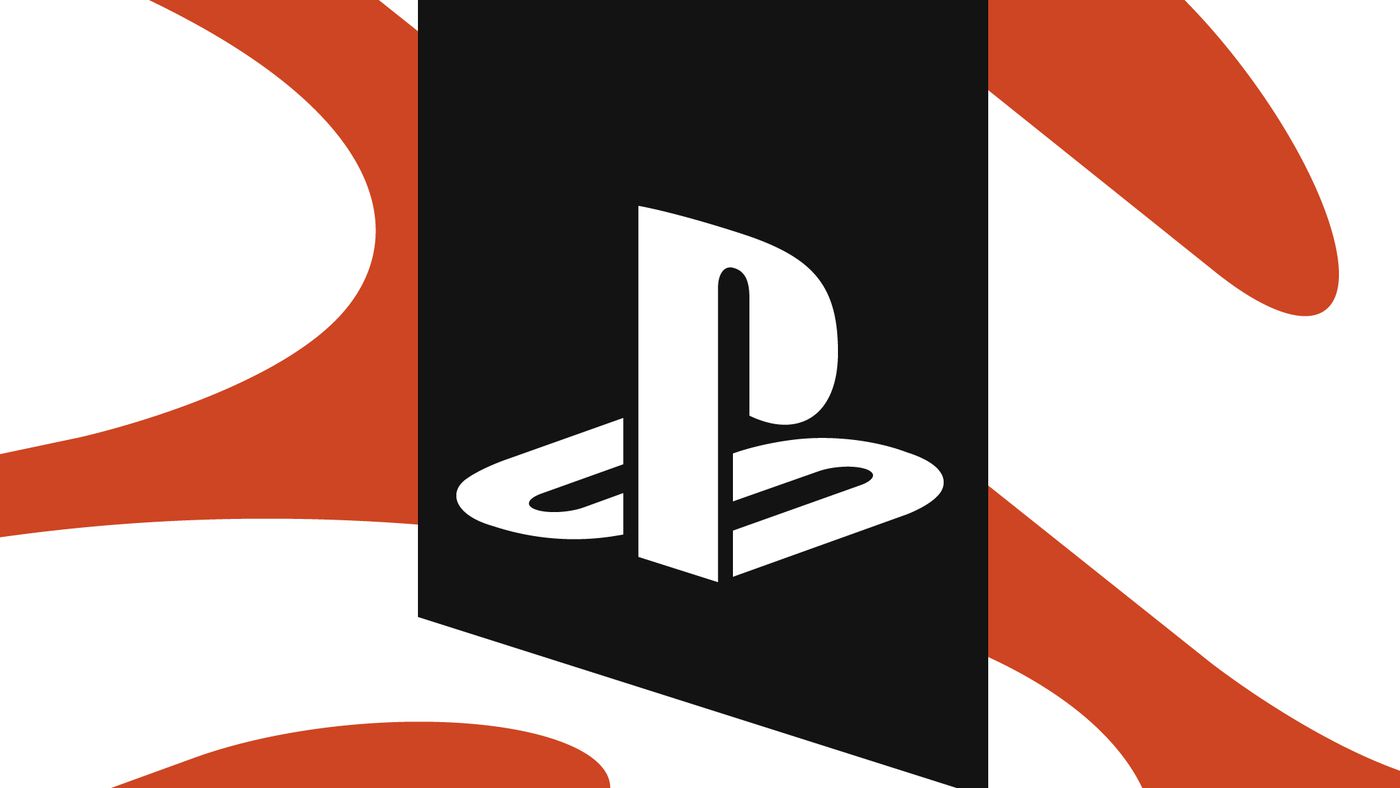Sony has expressed its concerns regarding Microsoft’s proposed acquisition of Activision Blizzard, including numerous fears regarding the future of the Call of Duty franchise. In new documents (pdf) submitted to the UK’s Competition and Markets Authority (CMA), Sony expresses concern that Microsoft may increase the price of Call of Duty, make it exclusive to its own Xbox Game Pass subscription service, and even intentionally or unintentionally degrade Call of Duty’s quality and performance on PlayStation.
Sony cites a specific hypothetical scenario in which Microsoft could publish a Call of Duty game with bugs and errors on PlayStation. Here is Sony’s complete example:
Sony leaves unclear whether this would be intentional damage or a “plays best on Xbox” scenario in which Microsoft’s close ties to Call of Duty would make it function better on that platform. Sony fears that Microsoft may attempt to sabotage Call of Duty on PlayStation in multiple ways: by “degrading the quality and performance of Call of Duty on PlayStation compared to Xbox”; by “degrading Call of Duty to ignore PlayStation-specific features (such as better controller haptics); and by “restricting, degrading, or not investing in the PlayStation multiplayer experience.”
Sony’s concern about Microsoft prioritising Call of Duty on its own Xbox platform and ignoring new Sony hardware features is not entirely unexpected. Both companies have been competing for Call of Duty rights for years, using exclusive skins, bonuses, and packs to lure console gamers to their respective platforms.
Microsoft is unlikely to intentionally introduce bugs into Call of Duty for PlayStation. While this may make a PlayStation console look bad, Activision and Microsoft are far more likely to receive negative feedback. The truth may be considerably more subtle. Microsoft and Activision may eventually prioritise bug fixes on Xbox versions of games because their developers are more familiar with the Xbox platform or because Xbox fixes may be issued more quickly.
Numerous valid concerns exist regarding Call of Duty gaining subtle advantages on Xbox. However, it is unlikely that these actions constitute a corporate strategy to harm Call of Duty on PlayStation and reduce the revenue it generates for the platform owner and publisher.
Sony is also concerned that Microsoft will keep Call of Duty on Xbox Game Pass and will not allow Sony to offer the game on PlayStation Plus. In contrast, Microsoft states in its own filing to the CMA (pdf) that “any Call of Duty game included in a Microsoft multi-game subscription is eligible for inclusion in Sony’s multi-game subscription service at the same time and for the same duration.”
However, Sony is unsatisfied with the licencing terms and pricing. Sony asserts that the terms “would commercially destroy Sony Interactive Entertainment’s (SIE) multigame subscription business model” although the document is heavily redacted.
Microsoft has offered Sony a 10-year Call of Duty licence, but the PlayStation manufacturer has not yet accepted. Microsoft revealed that it had signed a 10-year contract with Nintendo to bring Call of Duty to Nintendo platforms mere hours before a crucial meeting with EU regulators. Microsoft then announced a similar agreement with Nvidia hours later in an effort to compel Sony to accept comparable terms.
Sony’s CMA filing states, “Microsoft has not demonstrated a real commitment to reaching a negotiated resolution.” “They dragged their feet, engaged only when they sensed the regulatory outlook was deteriorating, and preferred media negotiations over engagement with SIE.” Sony is likely referring to details of Microsoft’s proposed deal that were revealed by The Verge last year and that PlayStation chief Jim Ryan described as “inadequate on many levels.” Ryan also stated at the time, “I had no intention of commenting on what I believed to be a private business discussion, but I feel compelled to set the record straight because Phil Spencer brought this to the attention of the public.”
The CMA documents were filed last month and made public today, just weeks after the British regulator warned of potential harm to gamers and offered up possible remedies that include Microsoft being forced to sell off Activision Blizzard’s business associated with Call of Duty.
Sony agrees with the CMA’s preliminary findings and urges the agency to address its own concerns through structural remedies, such as the sale of Call of Duty. According to Sony’s remedies notice, the CMA is currently analysing 3 million Microsoft and Activision documents and more than 2,100 emails from the public. The British regulator is contemplating responses to its potential remedies before rendering a final decision on the acquisition by April 26.
According to reports, EU regulators are likely to approve Microsoft’s $68.7 billion deal. Microsoft’s recent licencing agreements with Nintendo and Nvidia are said to have alleviated concerns, with the European Commission unlikely to require the sale of Activision Blizzard assets as a condition of regulatory approval.
Related Articles:
How Apple Need for Cutting-Edge Screens Preserved Technology Most Unhappy Marriage
Email App Updates Incorporating ChatGPT Technology Are Halted by Apple.
Ways Parents Can Help Their Children Break Free From Technology Addiction










